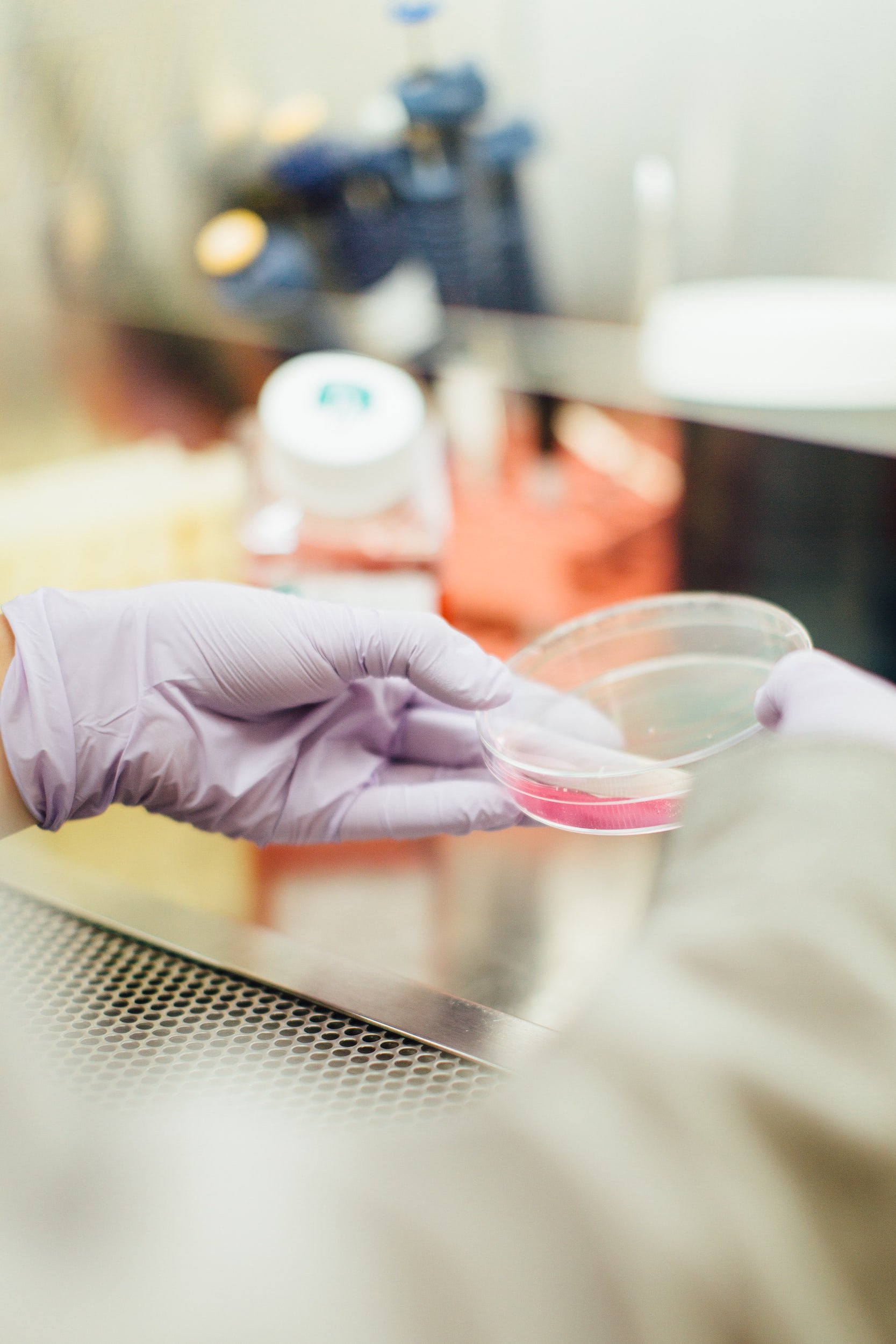Our Platform
We are developing intranasal vaccines to protect the public from life-threatening diseases. Intranasal vaccines are expected to generate mucosal immunity, which should provide a defense against infection and could help reduce the spread of disease, particularly respiratory diseases. Our proprietary vaccines are based on parainfluenza virus 5 (PIV5), also known as canine parainfluenza virus, which we have modified to express an antigen of interest.
When one of our vaccines is introduced to a host, it undergoes several rounds of self-limited replication, enabling it to induce robust immune responses often with just a single dose.
Robust Immune Responses
In preclinical studies, we have shown that our vaccines produce three forms of immunity:
Cellular immunity: Cellular immunity is essential for fighting off viral infections. While antibodies can slow down a virus, some cells will still become infected, so cellular immunity is needed to eliminate those cells. Our vaccines mimic real infections and induce robust cytotoxic T-cell responses, a critical component of cellular immunity.
Humoral immunity: A key defense against infections, humoral immunity produces antibodies in the blood, and have been shown to correlate with protection against severe disease and hospitalization. Such “serum” antibodies are commonly measured to assess how well vaccines work. Our PIV5-based vaccines can produce serum antibody responses with a single dose.
Mucosal immunity: Comprised of secretory antibodies at the mucosal surface, mucosal immunity is the first line of defense against infection, blocking pathogens at their site of entry into a host (e.g. the mucosal lining of the respiratory tract). Our intranasal vaccines generate mucosal immunity because they are introduced through the nasal mucosa; injected vaccines do not. Such immunity could be particularly valuable in blocking respiratory disease transmission and spread.
Needle-free delivery
PIV5 is a respiratory virus, so our vaccines are "born intranasal". Delivered as a spray in the nose, without injections, our vaccines will facilitate broad delivery not only to pediatric and other needle-hesitant populations, but also in parts of the world where healthcare professionals are scarce.
Long track record of safety
For over 50 years, PIV5 itself has been used as part of canine distemper (kennel cough) vaccines. Dogs are dosed intranasally with the vaccine after which they often sneeze, exposing veterinary staff to PIV5, and they can shed virus for a few days afterwards, exposing dog owners to PIV5. Many people already have antibodies against PIV5, evidence that they have been previously exposed to the virus.¹ Yet despite decades of such exposure, PIV5 has never been proven to cause disease in humans.
Rapid and low-cost manufacturing
Because PIV5 replicates in self-limited fashion, a relatively small number of viral particles (compared with other virus-based vaccines) is needed to make each vaccine dose. A relatively small (e.g. 300-liter) bioreactor should therefore be able to produce millions of doses per month of our vaccines. Other virus-based vaccines need manufacturing capacity measured in 10,000s of liters to produce a similar number of doses. This makes our PIV5 technology ideal for rapidly responding to emerging infectious threats, as well as for defending against existing ones worldwide.
¹ Chen et al (2012), Evaluating a parainfluenza virus 5-based vaccine in a host with pre-existing immunity against parainfluenza virus 5, PLOS One, 7:e50144. Like humans, dogs generate neutralizing antibodies against PIV5 from prior exposure, yet these do not interfere with the activity of a PIV5-based vaccine.


